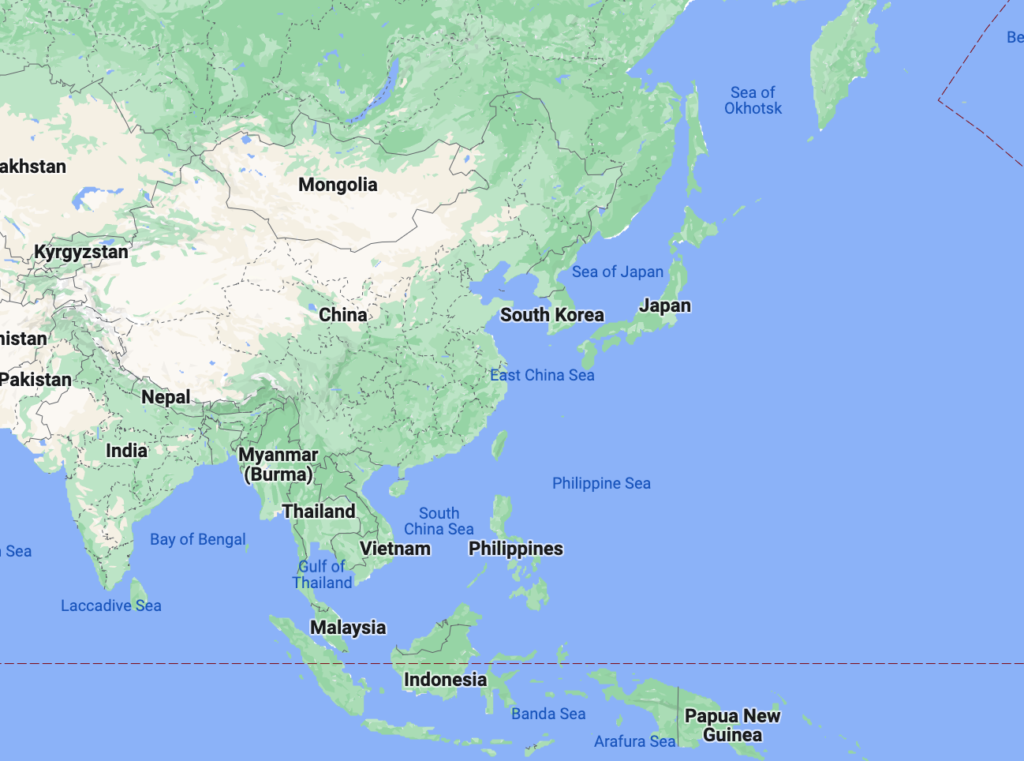The model minority stereotype establishes a magnitude of generalizations that describes the Asian American community as a monolith of academically inclined, hard-working, successful individuals. While the notions present within the model minority stereotype can apply to some individuals, the stereotype also directly ignores and masks the socioeconomic struggles of various Asian Americans by assuming the “model minority” concept for all AAPI.
Effect on Southeast Asians
During Remodel Minority’s second virtual live interview with Professor erin Khuê Ninh, professor of Asian American Studies at the University of California Santa Barbara, the concept of a “model minority” being more of a stereotype rather than a myth arose, as data shows that the model minority stereotype can apply to certain ethnicities within the Asian American community. However, at the same time, the stereotype does NOT apply to all groups within the Asian American population. According to Gita Brown, an author, and journalist for Rhode Island College, “although some East Asian groups (Chinese, Japanese, Koreans) have indeed excelled educationally and economically in America [like stated in the model minority stereotype], Southeast Asian Americans (Cambodians, Hmongs, Laotians, and Vietnamese) have not.” The model minority stereotype classifies ALL Asian Americans as successful and established beings, ultimately ignoring any form of socio-economic struggle for Asian Americans, especially that of Southeast Asian Americans.
Unlike many other Asian Americans, Southeast Asian Americans came to the United States on refugee status due to the Khmer Rouge Regime, the U.S. “Secret War,” and the Vietnam War. Many Southeast Asians came to the United States with almost no money “and were placed in low-income Black and Latinx communities, where they faced the same poverty, the same poorly funded schools, the same racialized and criminalized profiling, and the same lack of economic mobility as their Black and Brown counterparts” (Brown). The model minority stereotype masks the economic and social struggles experienced by Southeast Asian Americans and simply groups them into the monolith established by the stereotype without acknowledging history. As analyzed by Kaying Yang in “Southeast Asian American Children: Not the ‘Model Minority’,” “policymakers on the state and national levels tend to overlook the specific educational needs and assets of Southeast Asian Americans” as the influence presented by the model minority stereotype has led to disregarding Southeast Asian Americans.
“Where East Asians have excelled educationally, Southeast Asians have not attained the same level of success. Nearly 30 percent of Southeast Asian Americans have not completed high school or passed the GED, a rate more than double the national average” (Brown). The disparities within statistics of Southeast Asians and other Asian Americans in education, economics, and more are clear and visible. Despite this, policymakers refuse to view such disparities as a result of the model minority stereotype, ultimately ignoring the narratives of Southeast Asian Americans and other Asian Americans with socioeconomic struggles as part of the Asian American minority.
Understanding how the model minority stereotype has negatively impacted Southeast Asian Americans and caused ignorance of their socio-economic hardships and history due to preconceived notions that all Asian Americans are successful is vital. One must actively choose not to further the ignorance of the model minority stereotype and ultimately remodel the stereotype. Thank you for reading this article, and stay tuned for further articles regarding the model minority myth <3
Works Cited
Brown, Gita. “Dispelling the Myth of the Asian American Model Minority.” Rhode Island College, https://www.ric.edu/news-events/news/dispelling-myth-asian-american-model-minority.
Yang, Kaying. “Southeast Asian American Children: Not the ‘Model Minority’.” American Psychological Association, American Psychological Association, https://psycnet.apa.org/record/2004-20083-008.
